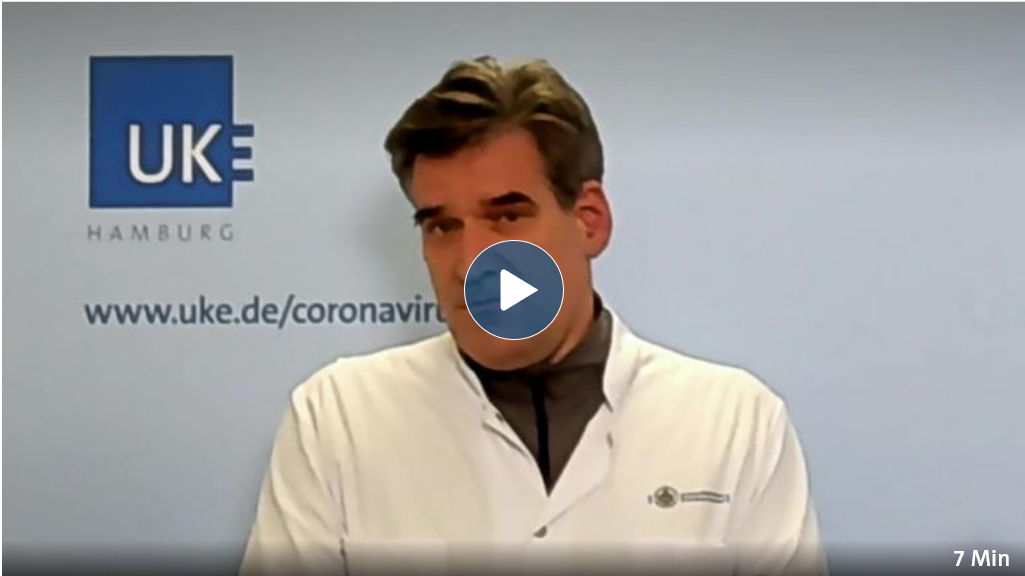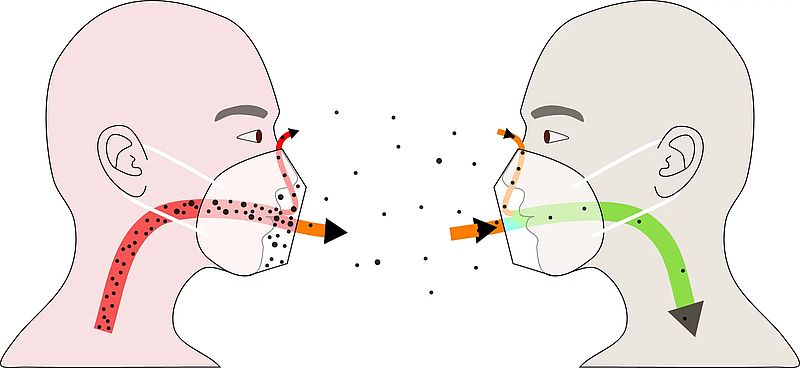443 participants between 45 and 74 years of age who had survived a SARS-CoV-2 infection with mild or moderate symptoms have participated in the Hamburg City Health Study (HCHS) since mid-2020. The scientists examined the cardiovascular and vascular system, the lungs, the kidneys and the brain for function, structure and possible consequential damage at an average of ten months after the infection. They also recorded the quality of life using questionnaires. For comparison, the researchers selected 1328 participants of similar age, gender and educational status from the HCHS data set before the pandemic outbreak.
Heart, lungs and kidneys impaired, no damage to the brain
The test subjects showed signs of medium-term organ damage in a direct comparison with the average population. In the lung function test, the participants had a lung volume reduced by around three per cent and slightly increased airway resistance. The heart examinations showed an average decrease in pumping power of one to two per cent and a 41 per cent increase in a marker protein in the blood, which provides information about the stress on the heart.
The examination of brain structure and performance after a SARS-CoV-2 infection and the questioned quality of life did not show any deterioration compared to the control group. A key result: the ultrasound examination of the legs showed signs of a previous leg vein thrombosis two to three times more often. Likewise, the subjects had a decrease in kidney function of around two per cent after SARS-CoV-2 infection.
"The results enable us to recognize possible organic secondary diseases at an early stage and to initiate the appropriate therapeutic measures," says Prof. Stefan Blankenberg. He heads the Hamburg City Health Study and is a Principal Investigator at the DZHK.
About the Hamburg City Health Study (HCHS)
The Hamburg City Health Study (HCHS) is the most extensive local health study globally. The aim of the 30 participating clinics and institutes of the UKE is to develop individualized treatment options and targeted prevention. A total of 45,000 Hamburg residents between 45 and 74 years of age are to be examined over a long period to identify the risk factors for common diseases such as heart attack, atrial fibrillation, stroke, dementia or heart failure. Around 16,000 people from Hamburg have now been examined.
The Omicron variant is currently spreading rapidly. The course of the disease often seems to be mild: But even slight infections can have consequences for the heart, lungs or kidneys.
Publication: Elina Petersen et al., Multi-organ assessment in mainly non-hospitalised individuals after SARS-CoV-2 infection: The Hamburg City Health Study COVID program. Eur. Heart J., 2022.
Source: Press Release Universitätsklinikums Hamburg-Eppendorf (UKE)




